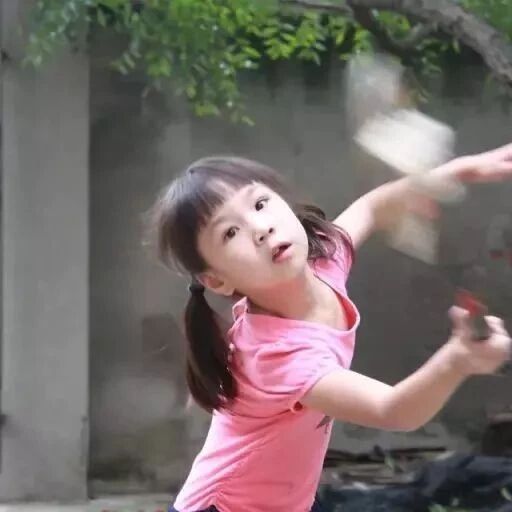Should Zhang Jun be removed from his position? Is the Chinese badminton men’s singles program facing a generational gap? Despite winning three gold medals throughout the year, the lack of strong reserve talent remains a significant concern.
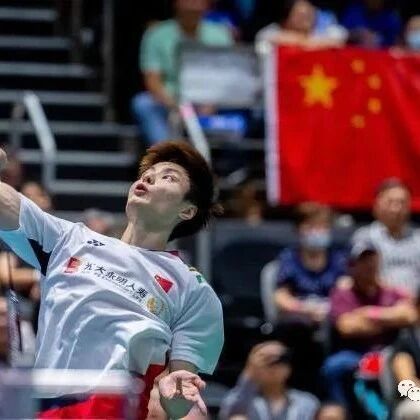
In 2022, the Chinese badminton men's singles team delivered a mixed performance: one gold medal went to the rookie, while two were claimed by the returning star. Yet, these two golds couldn’t fully offset the overall downturn the men’s singles program experienced throughout the year. Still, with’s comeback, there’s finally a glimmer of hope on the horizon. If can regain his peak form even faster, if the younger players continue to mature and improve at an accelerated pace, and if and manage to push themselves beyond previous limits more swiftly, then next year’s men’s singles event might just hold some real promise after all.
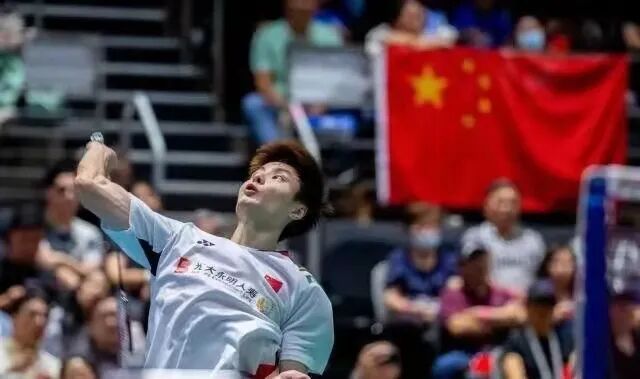
After the bleak March came an equally hopeless April—yet it was during this seemingly barren period that a fresh-faced newcomer named Wong Hongyang arrived in South Korea from China as a replacement player. Unexpectedly, he charged all the way to the final, where he staged a stunning comeback against Indonesia’s star player Jonatan, defying expectations to claim the men’s singles title. Notably, the last time China’s men’s singles team won a tour-level championship was three years ago, when Chen Long triumphed at the French Open.
So, is Ong Hongyang a "Heaven-Dispatching Purple Star"? It’s hard to say for sure just yet. At the upcoming Korea Masters, Ong Hongyang withdrew in the quarterfinals, while Zhao Junpeng, Li Shifeng, and Lu Guangzu were eliminated one after another—leaving no Chinese badminton player in the semifinals once again. Although Ong Hongyang did reach the semifinals at the Asian Championships, he ultimately fell short against Lee Zii Jia and missed out on the final. Thus, while he certainly shows promise and still has room for growth, labeling him a "Purple Star" would be premature—at least for now.
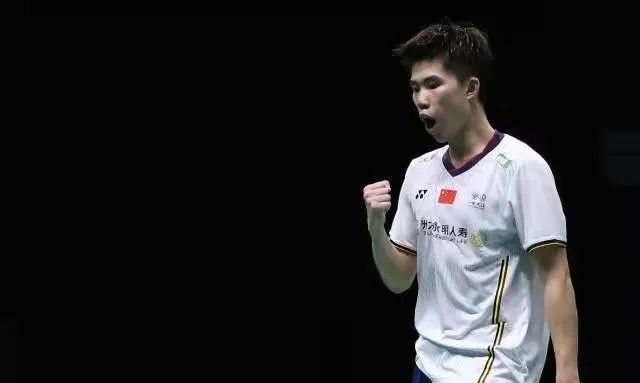
Actually, the team has occasionally shown promising performances—like at the subsequent Thailand Open, where Zhao Junpeng stunned Kento Momota, and Li Shifeng even reached the final. Yet, both players ultimately fell short of advancing further. In Malaysia's two tournaments, no Chinese player made it past the quarterfinals in the Open event, while at the Masters, Weng Hongyang earned a spot in the qualifying round but failed to secure a place in the main draw. Even the lone survivor, Lu Guangzu, was eliminated in the semifinals. As a result, men’s singles still lacks any real sign of improvement or hope for the future.
Next came Indonesia's two tournaments: After Lu Guangzu advanced to the quarterfinals in the Masters, all men's singles players were eliminated. Meanwhile, at the Open, Zhao Junpeng did manage to reach the final—but he was no match for Antonsen. Then, at the Singapore Open, Zhao Junpeng once again fell short in the semifinals, leaving the men's singles event completely empty-handed. Given these disappointing results, how can we possibly expect a strong performance at the World Championships? That’s why the Chinese badminton team has decided to prematurely "lift the suspension" on Shi Yuqi, allowing him to return to competition as soon as possible—to regain his form and restore pride to the men’s singles lineup.
Of course, it wasn’t going to happen so quickly. After being away from the court for ten months, Shi Yuqi’s performance on the field still fell short of his previous form, making his quarterfinal loss to Jin Ting perfectly understandable. Meanwhile, Zhao Junpeng’s advance to the semifinals was already a personal best—though unfortunately, his journey ended there, as he settled for a bronze medal. Still, reaching the semifinals is undeniably a strong result for men’s singles.
In the "back-to-back" Japan Open, Li Shifeng and Zhao Junpeng both fell in the first round, followed by Lu Guangzu's loss as well. Meanwhile, Shi Yuqi advanced to the semifinals in only his second tournament since returning from injury—though he ultimately bowed out to Chou Tien-chen, who was in exceptional form at the time. Still, this steady progress in his recovery is certainly encouraging.
After returning to China for intensive training, Shi Yuqi, Lu Guangzu, Zhao Junpeng, and Li Shifeng once again headed to Europe, all competing in the Denmark Open. Unfortunately, the latter three were eliminated early, while only Shi Yuqi advanced steadily all the way to the final, where he narrowly defeated Lee Zii Jia. This victory marked his first title since making his comeback—and it came at his third tournament back. Clearly, when it comes to men’s singles, the team’s coaching strategy has paid off once again.
Unfortunately, there hasn’t been a solid foundation of physical fitness and sustained competitive form yet. After clinching the title, Shi Yuqi failed to maintain his impressive performance—instead, he was eliminated in the first round at the French Open. Lu Guangzu, who managed to reach the quarterfinals, was the last remaining member of China’s men’s singles quartet, but even he couldn’t advance beyond that stage. Shifting gears to the German Open in Halle, Shi Yuqi once again fell in the opening round. Clearly, the road to recovery remains long and challenging, as the other players also bowed out after reaching the quarterfinals—marking the end of their campaign.
The season's final tour event, the Australian Open, kicked off with Lu Guangzu edging out Lee Zii Jia at the last minute to clinch a spot in the year-end finals. Later, Shi Yuqi and Lu Guangzu squared off in an all-Chinese men’s singles final—the only one of the year—culminating in Shi Yuqi claiming the title and delivering a perfect close to his brief 2022 campaign.
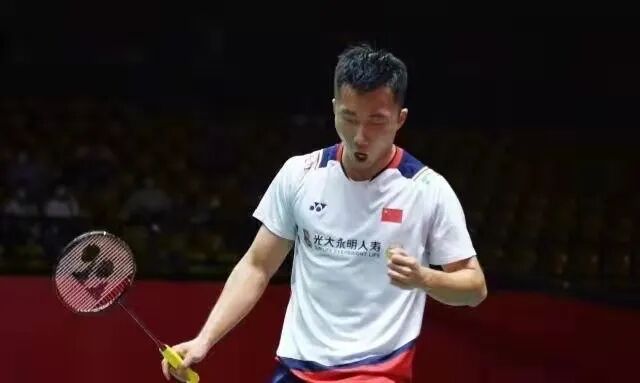

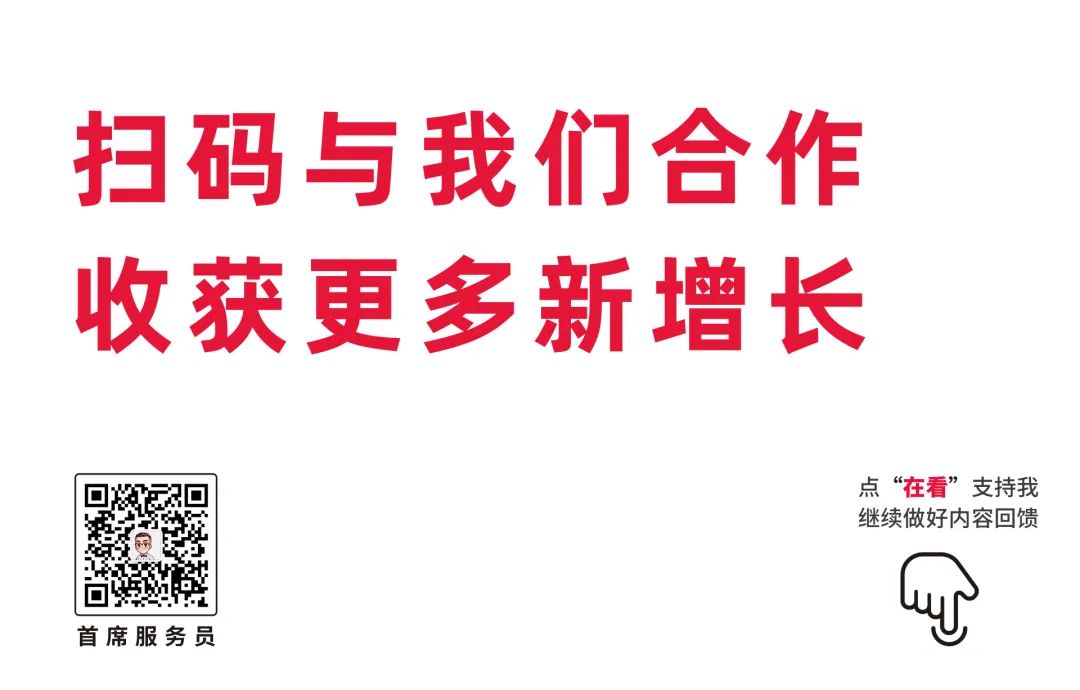
Related Articles
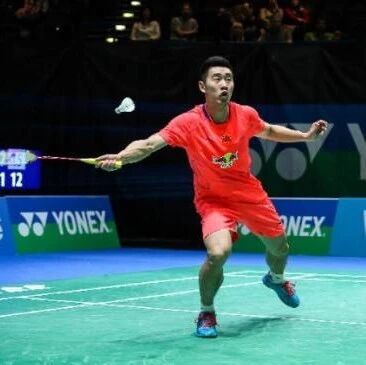
Whacky tennis fans keep delivering one hilarious story after another—after watching them, your heart just sinks!
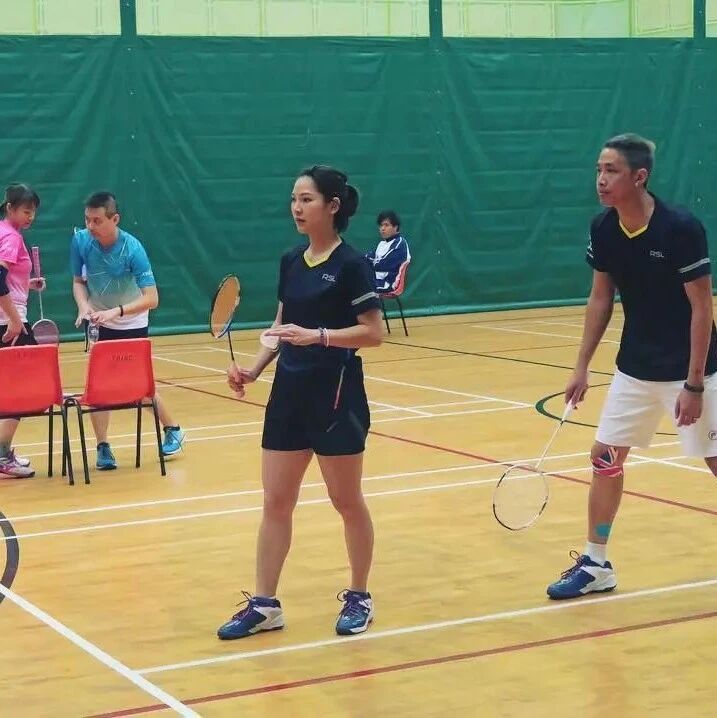
If you want to quickly improve your badminton skills, you must ditch these 5 bad habits!
